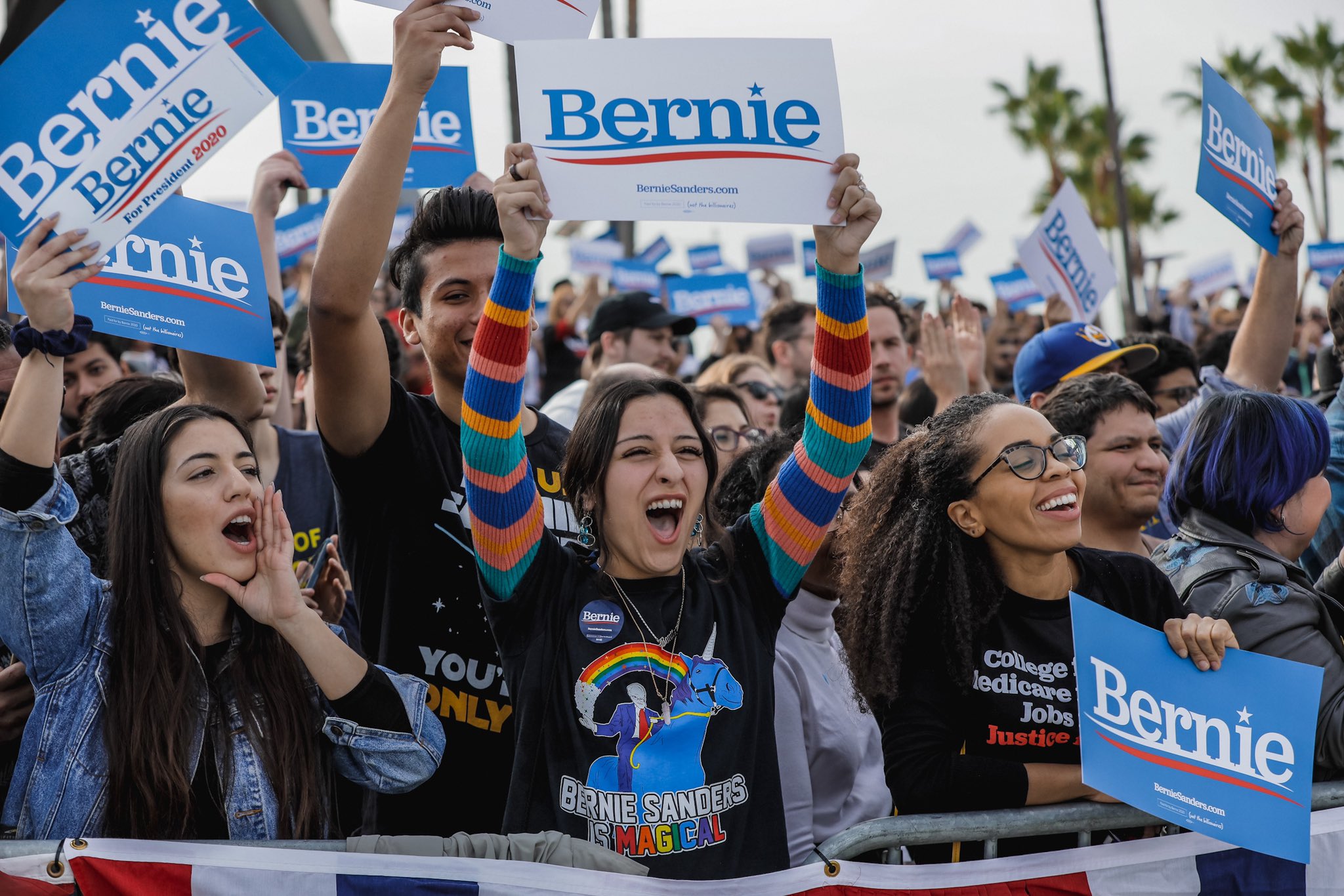The Democratic Presidential Race: It’s Getting Real
The first ballots are about to be cast in the battle over who will challenge Donald Trump this November …
After years of pandering, internal jockeying, debate jousting, grand entrances (and a few ignominiou
